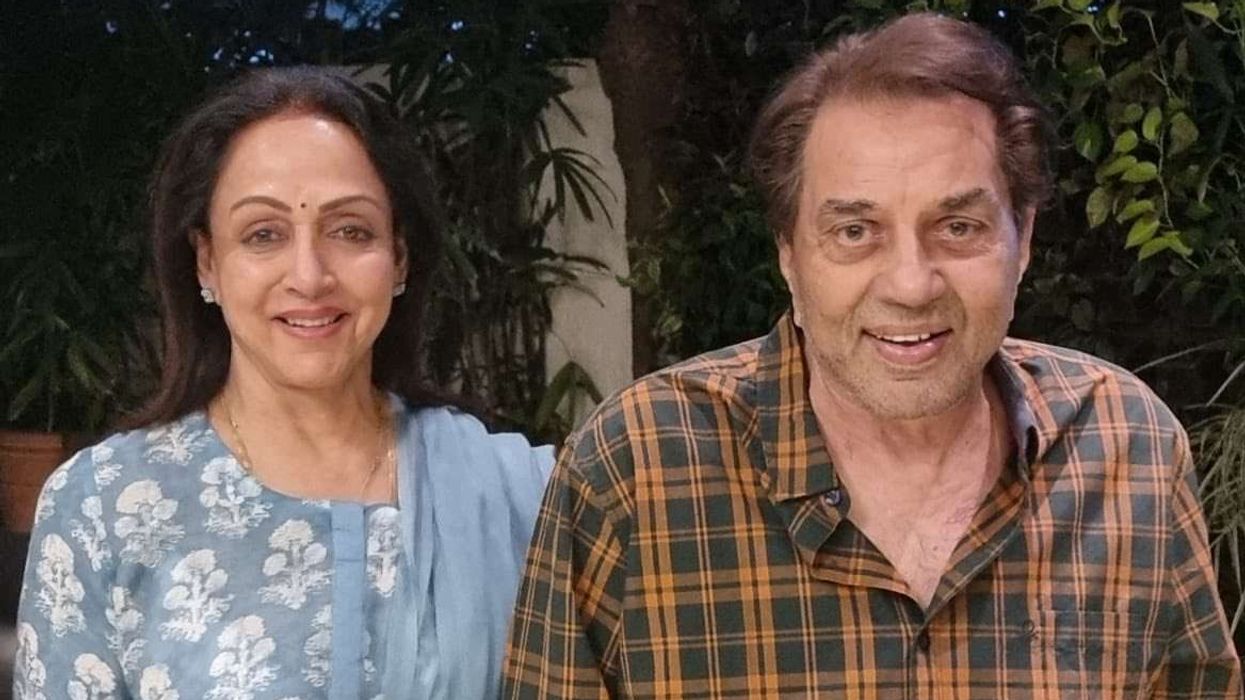The Brummie son of Pashtun immigrants from northern Pakistan, Nazir Afzal is the lawyer famous for re-starting the prosecutions of the Rochdale Muslim grooming-gangs after the CPS had abandoned the cases – allegedly out of fears over “political correctness”.
One of the UK’s most outspoken lawyers, who now works independently and as a consultant – his hotly-awaited memoir, The Prosecutor, will be published in Spring 2020 – Afzal is dedicated to eradicating crimes against women and is a crusader against everything from forced marriage , honour-killing and female circumcision, to grooming and rape:
“Somebody questioned why I focus on eliminating violence against women. I say: No tool for development more effective than empowerment of women. No other policy does more for the economy, mortality, equality, health, education and reducing conflict,” he says, before adding, “Oh, it’s also the Right Thing To Do.”
Born in 1962 (he has just turned 57) Afzal grew up in Small Heath in a two-up two-down terraced house with seven siblings, and suffered a childhood of racist abuse that he recalls with laconic humour: “When I kept getting called names I said to them, ‘Sticks and stone will break my bones, but words will never hurt me’, so they stopped talking to me and just beat me up instead.”
Following university and law school he worked for two years defending clients before turning gamekeeper and joining the Crown Prosecution Service (CPS) in 1990, moving to London and rising to the position of assistant chief by 2001. Ten years later he moved to Manchester, where he still lives, to become chief crown prosecutor for northwest England.
It was there that he successfully took on high-profile paedophiles such as Stuart Hall, and also the grooming gangs. For the latter he took criticism from both Muslims, who resented the focus on their community and faith, and right-wing activists who disliked Afzal’s denial that the grooming and rapes were neither racist or Islamic in nature.
“A few weeks after the Rochdale case, we dealt with a case of ten white men in North Yorkshire who had been abusing young girls, and they were all convicted and they got long sentences,” he said. “It didn’t get the [same] level of coverage.”
In fact his explanation for Rochdale was a rare and sensible one, that it was more to do with male attitudes than religious ones, although he conceded that Muslims “must do more to fight a cancer of violent misogyny,” and that he was the right prosecutor to confront it: “I come from these communities,” he said. “I understand their patriarchal nature. I can challenge them. And because I am a man, the men in the community are more likely to listen.”
Afzal resigned from the CPS in 2015 after what appears was a disagreement over the political direction of the CPS under then-chief Alison Saunders (he said it “beggars belief” that certain cases were pursued), and also over the swingeing financial cuts to the Service. “I felt it was asking too much,” he said. “You're asking the more junior staff, less experienced staff, to do more with substantially less in a climate where they're constantly under scrutiny.”
He next became chief executive of the Association of Police and Crime Commissioners [APCCs] but quit after they refused to let him go on Question Time: “My sense was that, for whatever reason, they did not want me to be the visible face of PCCs when they, as the elected officers, weren’t being asked.”
His fearless comments keep Afzal in the news as one of the UK’s foremost voices for justice – and his criticisms of police cuts and subsequent rising crime rates were underscored earlier this year when his nephew was randomly stabbed to death in broad daylight on a Birmingham street.
Afzal has been married three times (“I’ve done my bit for multifaith engagement. As a good Muslim boy, I’ve been married three times. First to an Irish Catholic, then to an Indian Hindu and then to a British Sikh”) and is the father of four boys, two at university and two soon to follow them.
A recent cause is the importance of FE colleges (he is the new chairman of Hopwood Hall College), especially for the local and vocational opportunities they offer; but Afzal has been involved in education for some time and was formerly a governor at West London University and pro-chancellor at Brunel University.
He was awarded an OBE in the New Year Honours List 2005 for services to law and the local community.







